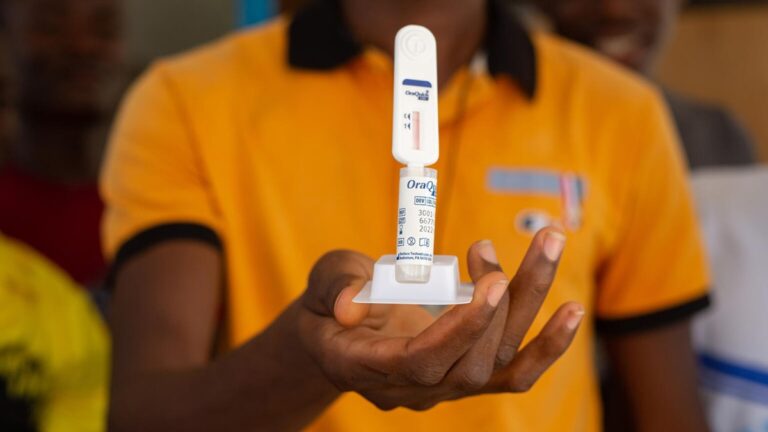June 24 marks the start of Self-Care Month, which ends with Self-Care Day on July 24. This symbolic day was chosen because self-care can be practiced “24 hours a day, 7 days a week.”
Self-Care Month is an opportunity to:
- increase awareness of self-care and self-care interventions
- celebrate the benefits they bring to people’s lives and what has been achieved so far
- call for renewed commitments and actions to expand health systems to include self-care interventions
Throughout the month, people around the world will celebrate self-care practices and interventions and the difference they can make in everyone’s lives.
Below you’ll find information on what self-care is, why it’s so important, and how you can get involved.
What is self-care?
WHO defines self-care as the promotion and maintenance of one’s own health by individuals, families and communities, the prevention of illness and the management of illness and disability, with or without the support of a health care worker. health.
I’ve heard about self-care interventions, what are they?
Self-care interventions are evidence-based tools that support self-care. They include medicines, advice, diagnostic kits and digital technologies. We are currently living in an exciting time with more and more tools being developed.
Why is self-care so important?
Self-care is about empowering people to become active agents in their own health care. This not only puts people at the center of their own healthcare, but also relieves pressures on healthcare systems. These pressures are increasing and include:
- 4.3 billion people do not have access to essential health services provided in facilities
- an estimated global health worker shortage of 10 million health workers, mainly in low- and middle-income countries
- One in five people worldwide live in humanitarian crises, during which health systems face particular challenges in providing essential services.
- Pandemics, such as COVID-19, armed conflicts and climate change are also disrupting and straining health services around the world.
Self-care interventions give people the choice and ability to access health care where and when they want it.
Self-care interventions do not replace health systems, they improve them. They are part of a holistic approach to health care that improves primary health care and contributes to universal health coverage.
How can I get involved?
You can do many things:
- learn morevisit
WHO health and personal care topic page - watch OUR new video on self-care
- Follow us on twitter: @HRPresearch and also check WHO regional and national Twitter feeds. During the month, WHO will share information, new developments and activities on self-care interventions.
- discover if there are Self-Care Month activities going on where you live and are participating or organizing your own activities and invite others to join you
- take time think about how you can take care of yourself every day to help improve your health and well-being.

